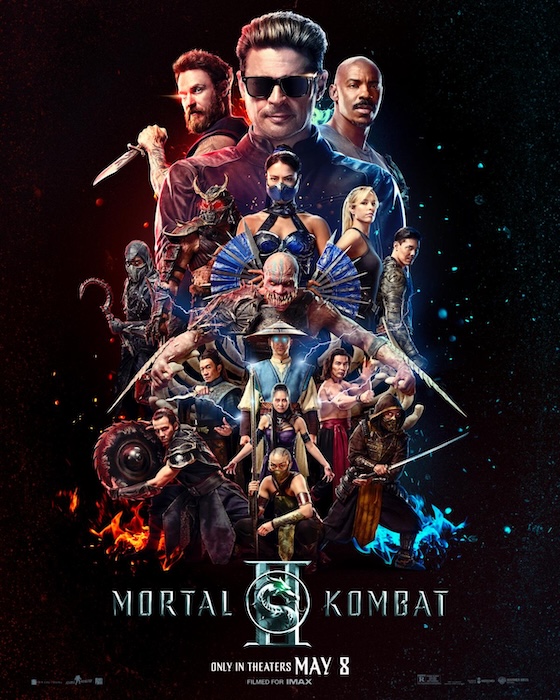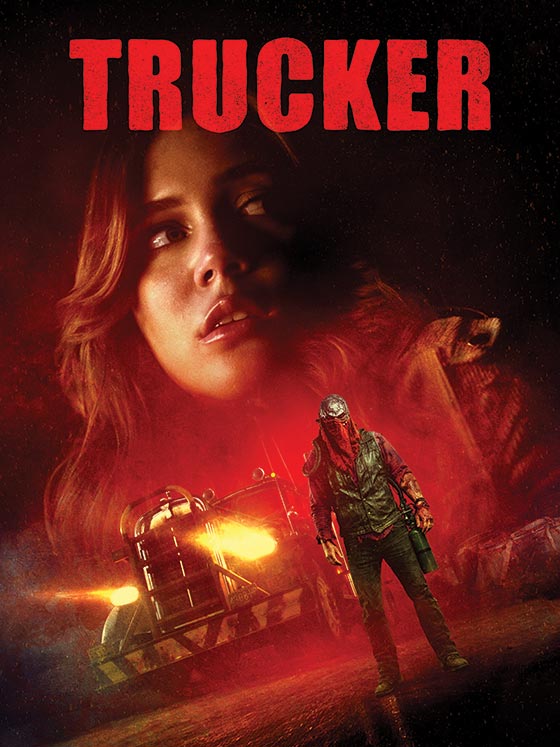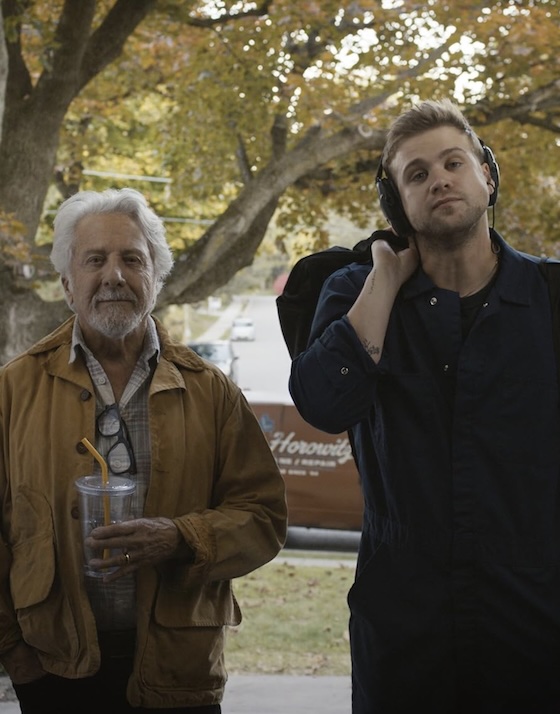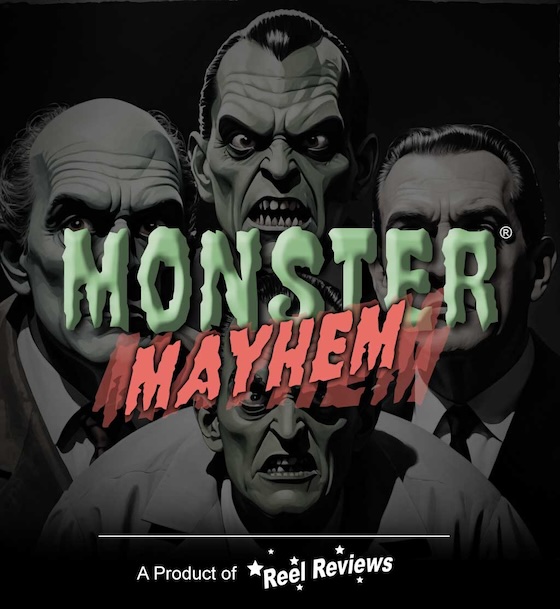{googleAds}
<div style="float:left">
<script type="text/javascript"><!--
google_ad_client = "pub-9764823118029583";
/* 125x125, created 12/10/07 */
google_ad_slot = "8167036710";
google_ad_width = 125;
google_ad_height = 125;
//-->
</script>
<script type="text/javascript"
src="http://pagead2.googlesyndication.com/pagead/show_ads.js">
</script></div>{/googleAds}For comic book fans, The Punisher might not satisfy. For all its violence and sadism, the movie is not a representative of the original work which, while dark and equally violent, presented a man who was in equal parts psychopath and vengeful father and husband; a man with a darkness inside that is unleased at the random and senseless murder of his family. That was the comic book Punisher; Jonathan Hensleigh's realization is more aligned with a modern day pastiche of a revenge story, told without much narrative nod to the work from which it was spawned. Indeed, if there is anything left of the comic, then it is in the rather leftover-feel of the side characters, an amusing mixture of the down and out, the sideshow freak with the good heart, the trapped woman, the large jolly man. Frank Castle becomes a kind of anti-avenging angel, who kills not for vengeance, but because "the law is inadequate" to bring to justice those who killed his family. Indeed, he views his violent reaction as a reversion to "natural justice", and to ensure that the mass market will interpret the explosive results correctly, he lays out his statement of intent, assuring theatregoers that he really is doing God's will, or at least the will of nature, in executing the killers.
While justice by fiat has always been a popular motif in cinema--spaghetti westerns embody this principle most accurately, and Punisher is more in this vein than its paperback origins--the telling attribute of the first of this year's undoubtedly bountiful Marvel theatre crop is that violence pays and pays well, but only when executed with the right intentions. This is, rather dolefully, more counter to comic book legacies than most people realize. X-Men, Daredevil, and Spiderman all contain violence, and indeed, none of the characters realized there are strangers to violence, but the underlying theme is that while violence may be viable, even useful, it is a tool and attribute that contains its own dangerous territories. Walking the line between violence and a more 'intelligent' approach often produces interesting scenarios in which characters must confront their darker sides and overcome them in order to arrive on the other side of light (and good).
Punisher seems to be the exception to this common theme, presenting us with a man whose moral compass seems rooted in revenge and whose desire to confront evil with another, different kind of evil, is justified in his own mind by a presupposition of validity and justice in his cause. Thus, we are given a thirty minute finale in which multitudes of "bad guys" are simply obliterated by one man's insatiable blood revenge, and an ending which suggests that not only is this kind of vigilantism necessary, but it's also beneficial. Frank Castle promises to punish evildoers, and given the entirety of the movie, we can expect that punishment to be extreme in every sense of the word. When Castle brings death, he brings it hard.
So much for the message of The Punisher. How does the movie stand on its own, apart from its place in the growing pantheon of comic book supermen movie adaptations? To say it is excellent would be an overstatement, but I have to say it was enjoyable to watch. Thomas Jane is more than appropriate as Frank Castle - he embodies the role as completely as Michael Keaton did with Bruce Wayne/Batman. John Travolta, who we've come to expect as a caricature, seems to exist merely as an excuse to provide the money, men, and targets for Frank Castle's wrath. As such, his character of Howard Saint is less important a villain than Quentin Glass, played by Will Patton. The triumvirate of evil, so to speak, is completed by Saint's wife and ultra-bitch, Livia (Laura Harring).
Glass is a weird amalgam of stereotypes and anti-stereotypes. While no "Queer Eye" personality, Glass's homosexuality is manipulated and used as a punching bag by Castle in a method of revenge best served hot; as Castle prepares Saint's grisly and fiery demise, he reveals Saint's false conclusions about his friend, ensuring Saint's maximum suffering is a combination of physical and psychological torture. When it comes to gays in Hollywood, they have typically been villified or praised as courageous under immense social strain and stigma. The reason for the strangeness of Glass's character is the combination of traits he exhibits; sadism and physical brutality is not typically associated with homosexuals in Hollywood. However, Glass isn't "outwardly" homosexual, and in fact hides it from his boss. This brings to mind a couple of conclusions. Perhaps we are meant to consider Glass simply through his actions, not his sexuality. Whether he loves men or not is not what we are meant to see - we are simply to judge him on his actions, and as Saint's right hand man of pain and death, he is to be viewed as a villain first and a homosexual last (or perhaps not even at all). However, that his homosexuality is a tool that Castle manipulates indicates that Hollywood (itself a haven for homosexuality) is not yet comfortable with its own state of being. Too, Glass is a sadist. Is Hollywood sending a message that homosexuals are sadists? Like I said there are a number of conclusions that could be drawn - or perhaps none at all (my reading into this movie runs fairly deep for some reason; I was considering these elements even as the movie was playing).
Rebecca Romijn-Stamos (or has she dropped the Stamos part?), as Joan, is as useful as hardened Play-Doh, but serves as the female member of the Laugh Squad, a lovable collection of losers who share the same apartment building as Castle. They come to identify with his pain, but Joan warns that his old memories will kill him, but that he can build a new life on new memories. It's all fairly washable dialogue, but thankfully Hensleigh dispenses with it after only a couple of scenes. In all, the writing is about average, with a fair amount of good lines going to Jane, who delivers them well. The holes in the plot are inexcusable (how does Castle finance his well-armed spree?), and the fight scenes are two parts cheese to one part realism. One involving a large, seemingly indestructible Russian hit man and a smaller but equally indestructible Castle devolves into the laughable.
As a movie, this made points with me for its unadulterated violence and great performance by Thomas Jane. I'm no apologist for "clean" cinema fare, and so as a consumer of American movie violence, this movie hit the mark and hit it well. As a message, or even as a mildly message-oriented comic movie, it failed to garner much of a fan in me. It seems devoid of any social consciousness, and provides a regrettable platform of support for an already violence-saturated society. If there is any redeeming value in the intent of the film, I sure didn't see it. While I enjoyed it, I can only award it an average score
DVD Details:
{pgomakase}



































